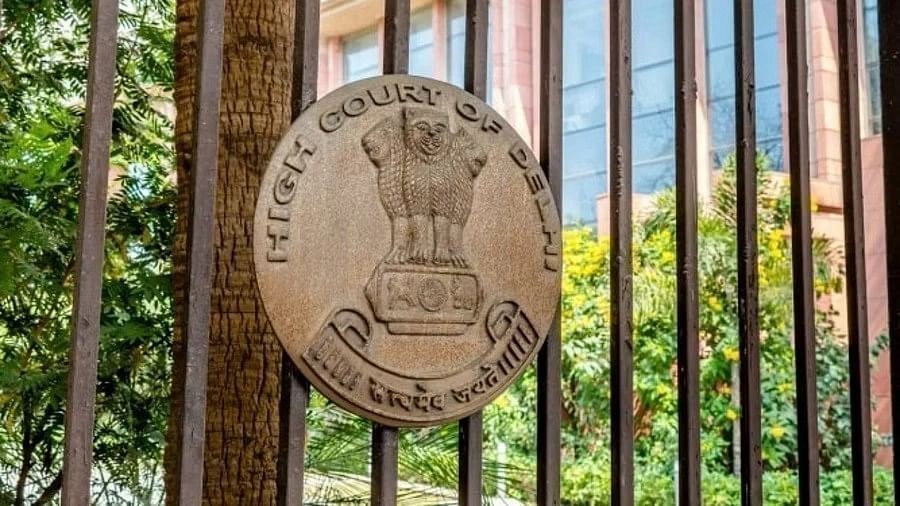
The Delhi High Court.
Credit: PTI File Photo
New Delhi: The Delhi High Court on Wednesday directed the Centre to pay within six weeks the interest on the delayed compensation to a 1984 anti-Sikh riots victim, observing that the appellant and his family suffered first at the hands of the rioters and then due to an "insensitive and callous" administration.
The interest will be paid at a yearly rate of 10 per cent for the period between April 8, 2016, when the ex-gratia compensation of Rs 1 lakh was released, and January 16, 2006, when the Rehabilitation Policy was announced.
A bench headed by Acting Chief Justice Manmohan also imposed Rs 25,000 as costs on the central government while dealing with the appeal of the victim against a single judge's order which held that he was not entitled to the interest.
The appellant claimed that his house in Shahdara was ransacked and looted following the assassination of the then Prime Minister Indira Gandhi on October 31, 1984, and his father had registered an FIR with the police.
The screening committee, after examining the claims of the appellant pursuant to court orders, recommended the payment of ex gratia compensation of Rs 1 lakh in 2015, which was finally paid in April 2016.
The bench, also comprising Justice Tushar Rao Gedela, observed that though the policy sanctioning ex gratia compensation did not include any component of interest on delayed payment, the same can be awarded by the court in suitable cases as the policy, which was brought for the rehabilitation of the 1984 riot victims, cannot be rendered meaningless.
"In the instant case, the appellant and his family terribly suffered at the hands of the rioters exactly forty years ago and the appellant again suffered at the hands of an insensitive and callous administration and had to approach the Constitutional Courts four times for redressal of his grievances."
"Since the Rehabilitation Policy itself was to be effected and implemented in a time-bound manner, failure to do so, cannot be treated lightly," the court said.
"We are thus of the considered opinion that in this case, the ex gratia compensation of Rs.1,00,000/- which has been released to the appellant on 8th April 2016 shall attract interest from the date of issuance of the Rehabilitation Policy dated 16th January 2006," the court said.
Stating that it was evident that the appellant was undoubtedly a victim of the "large scale" riots riot, it further observed that the delay in payment of ex gratia compensation was attributable to authorities at least from January 16, 2006, i.e. when the enhanced compensation was announced by the government in the policy.
Many citizens of Delhi lost their precious lives to the mindless killing spree and many of them suffered loss and destruction of homes, transport vehicles, loot and physical injuries. It is not doubted that the government had, in an attempt to assuage the hurt and injury suffered by citizens of Delhi, framed a policy whereby the victims were to be granted ex gratia compensation on a certain basis, the court noted.
"We hold that the appellant is entitled to interest at the rate of 10% per annum on the sum of Rs.1,00,000/- with effect from 16th January 2006, through till 8th April 2016 when the appellant was handed over such sum by way of a cheque."
"The respondent No.1/Union of India is therefore directed to calculate the interest component on the aforesaid sum and pay the same to the appellant within a period of six (6) weeks. The appeal along with pending applications is disposed of with a cost of Rs.25,000/- to be paid by respondent no.1/Union of India to the appellant within six (6) weeks," it ordered.